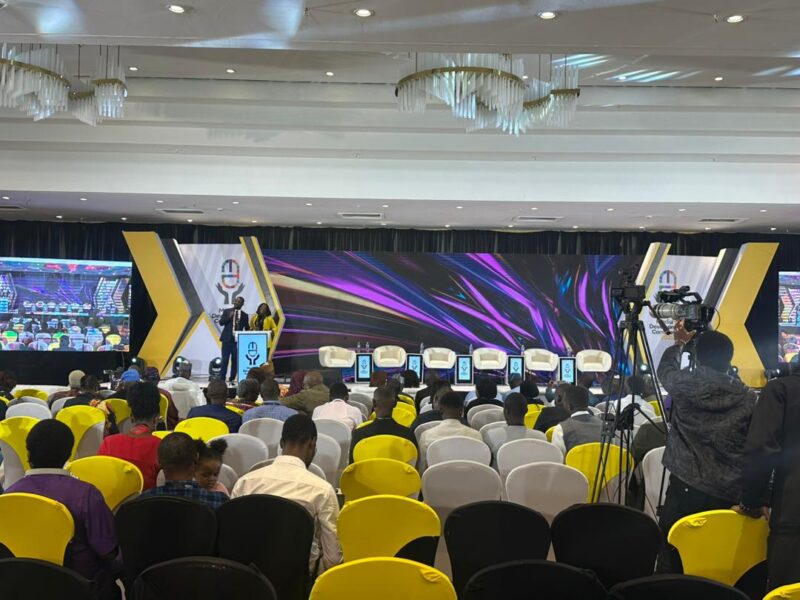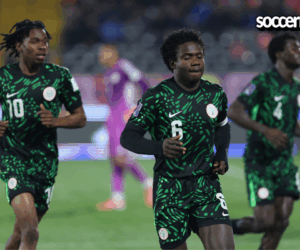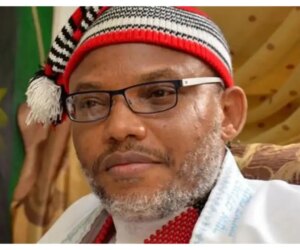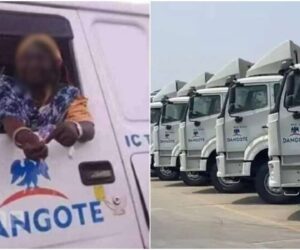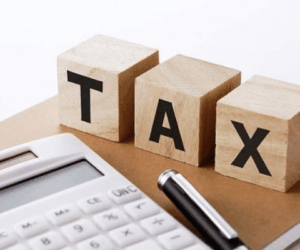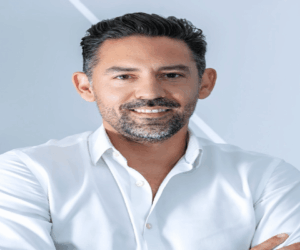Media leaders and civil society actors on Monday warned that Nigeria’s independent media is facing mounting pressure, citing political ownership, weak regulation and a rapidly shrinking civic space as major threats to press freedom in the country and the wider West African region.
The concerns were raised during a panel discussion titled “Independent Media and Resilient Civic Space” at the opening of the four-day Media and Development Conference (MDC 3.0) organised by the Centre for Journalism Innovation and Development (CJID) in Abuja on Monday.
The discussion followed a presentation of the CJID Openness Index, a subnational assessment of civic space and press freedom in Nigeria, delivered by Christiana Alonge, a programme officer at the organisation.
Published in July, the Index reveals uneven democratic conditions across states and provides Nigeria’s first composite ranking of openness using perception-based and incident-based data.
Nigeria’s complicated media landscape
Speaking during the session, Yemi Ademolekun, Executive Director of Enough is Enough (EiE), said the long-standing partnership between civil society and the media remains intact but has become increasingly strained by political loyalties.
She noted that while civil society and media actors previously shared a common goal of countering undemocratic practices, political dynamics have since complicated their collaboration.
“Because we have allowed the nature of our politics to influence the nature of our engagements, it has shaped how civil society now operates,” she said.
Ms Ademolekun added that although political influence over the media is not new, its form has evolved as politicians increasingly build or acquire media outlets to assert control.
Sadibou Marong, Director of the West Africa Bureau at Reporters Without Borders (RSF), said the ideological grounding that once defined Nigerian media ownership has eroded. He recalled titles such as The Nigerian Tribune, which he said were historically anchored in clear principles such as free education and accessible healthcare.
“What we see now is that political ownership is less ideological. It is more about worshipping individuals. There is godfatherism in politics and there is godfatherism in the media,” he said.
Mr Marong warned that the shift has weakened the media’s watchdog function. “You have journalists whose welfare is compromised. You have proprietors struggling to survive and leaning on those they are supposed to scrutinise.”
The National President of the Nigerian Union of Journalists (NUJ), Alhassan Yahaya, echoed this sentiment, describing the current landscape as one dominated by political proprietors with little commitment to journalism.
“What we have is a proliferation of media organisations owned by politicians who have no passion for this profession,” he said.
Mr Yahaya highlighted the precarious working conditions journalists face—including irregular salaries, harsh economic realities and a near-total absence of insurance coverage.
“Less than one per cent of journalists in Nigeria have any form of insurance. We need a new blueprint that protects journalists and guarantees decent welfare,” he said, adding that the NUJ is working on a Media Advancement Bill and new insurance schemes to address the issue.
Decline
In his response, Lanre Arogundade, Executive Director of the International Press Centre (IPC), said press freedom indicators in Africa have deteriorated sharply in the last three years.
“In reality, there is a big failure worldwide, including in Africa and Nigeria. Those who are supposed to protect press freedom are now the ones jeopardising it,” he said.
Mr Arogundade cited election periods as moments when civic and media spaces become severely restricted, noting that the situation is worse in countries under military rule. He referenced cases of journalists forced into exile, arbitrary arrests and regulatory bodies co-opted by political actors.
Speaking on the financial pressures confronting the media, Mr Marong stressed that economic fragility poses one of the gravest threats to journalism today.
READ ALSO: MDC 2025: Tech Giants Are Becoming Democracy’s Gatekeepers — Luminate VP
“Perhaps the greatest threat to the media in Nigeria today is the political economy of the media. The media is disappearing. We need more collaboration and more creativity to survive,” he said.
Mr Yahaya added that the NUJ is also engaging government agencies to improve journalist safety and expand access to health insurance. He said the union plans to introduce a new welfare package next year.
“It is time for us to adopt strategies that protect journalists. If the Media Advancement Bill is adopted, it will change the world of journalism,” he said.

